15 scents that attract snakes to your property
Our experienced team ensures your property is safe and snake-free.
15 Scents That Attract Snakes
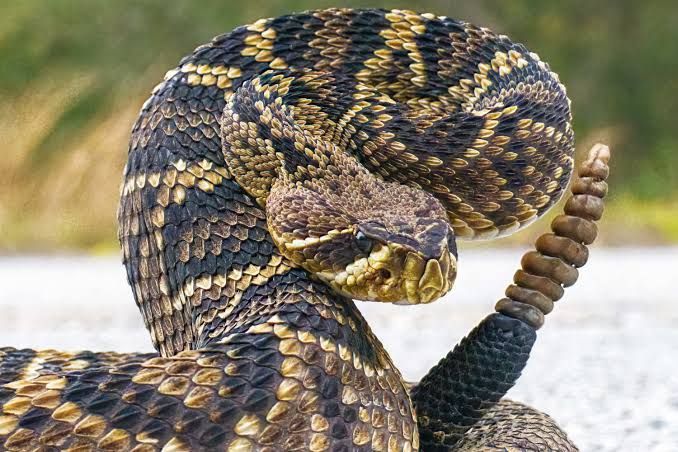
Keeping Snakes Away: Wildlife Control Methods
Article By: Austin Nolan CEO of Nolan Wildlife Control, LLC
Understanding the scents that attract snakes can help you manage their presence on your property. Here are 15 scents that may draw these reptiles closer, allowing you to take proactive measures to keep them at bay. From natural odors to specific plants, knowing what attracts snakes can be crucial for effective wildlife control.
Preventing snakes from entering your property and home requires a proactive approach. Proper lawn maintenance and eliminating shelter and water can be effective measures. In addition, resolving any rodent issues and sealing any openings in your foundation will discourage reptiles from entering your home. Small animals and rodents can attract snakes via scent. While snakes do not have a traditional sense of smell like dogs do, they can detect chemicals in the environment through a process called chemoreception. They use their tongues to sample particles in the air, which they then analyze with an organ in their mouth known as the vomeronasal organ. In this article, we will discuss fifteen scents that attract snakes and nine that will repel these scaly intruders. As well as 9 scents that repel them.
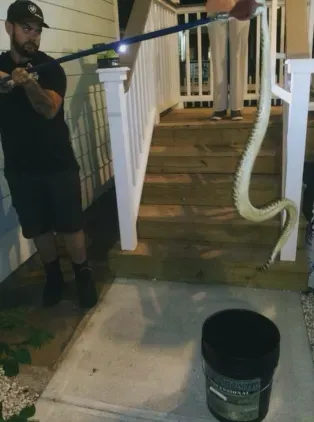
15 Scents that will attract snakes to your property.
PET FOOD
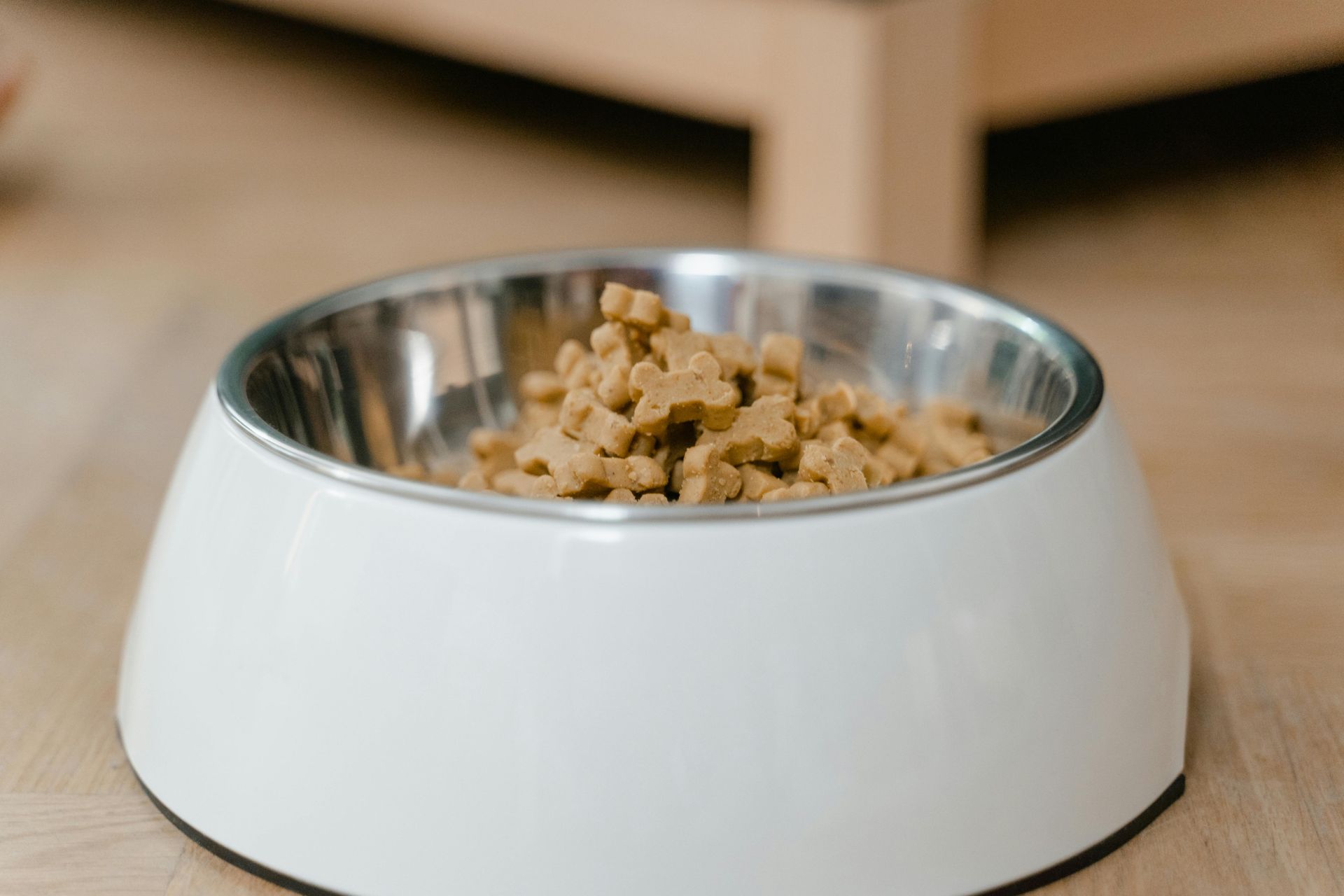
If you have an outdoor dog or cat on your property, you may often leave meals for your pet outside for extended periods. While this ensures your furry companion has food in the outdoor environment, it can lure vipers to your yard. Why so? The meaty ingredients of pet food appeal to small animals, enticing them.
RODENT SCENT
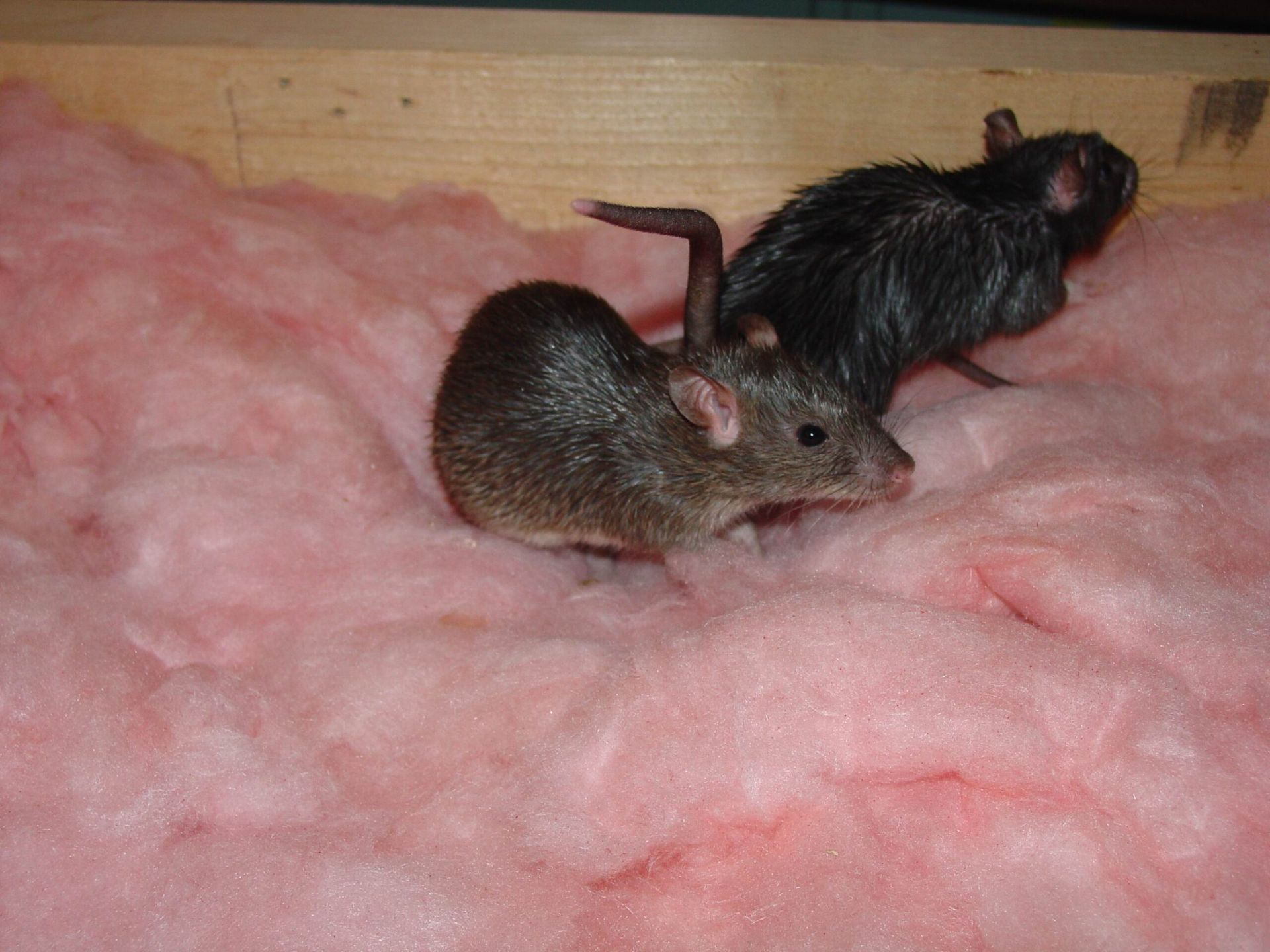
The scent of rodents, such as mice and rats, is a powerful magnet for these wildlife seeking their next meal. As natural predators, vipers are finely tuned to detect the musky odor of vermin, making them prime targets for serpent encounters in gardens where rodents thrive.
FISH
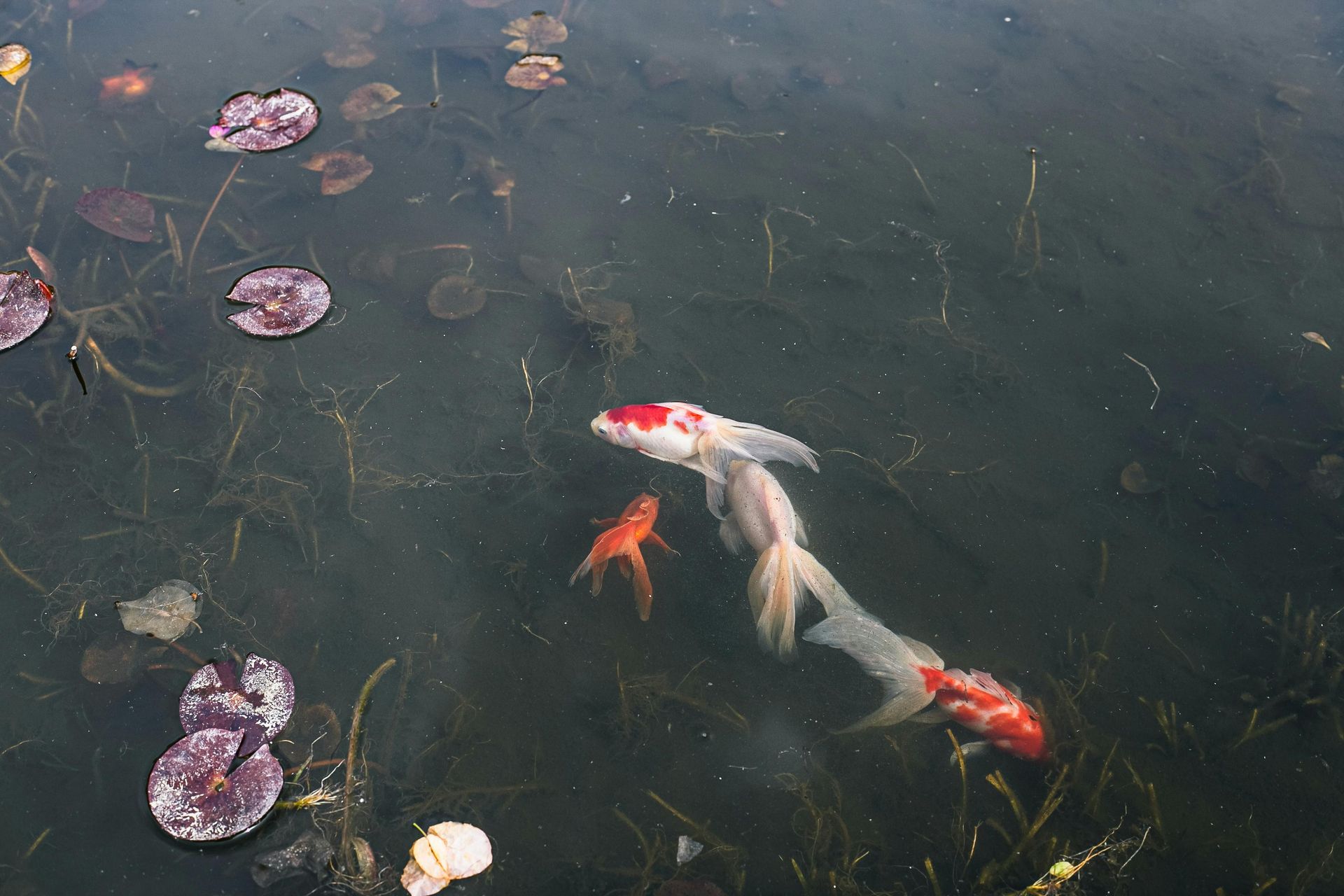
Some snakes like cotton-mouths are particularly drawn to the odor of fish. Whether in aquatic habitats or gardens with nearby water features, they are lured by the prospect of a succulent meal. This sensory attraction guides them through their environment, leading them on a quest for their next piscine prey.
BIRD NEST AND DROPPINGS
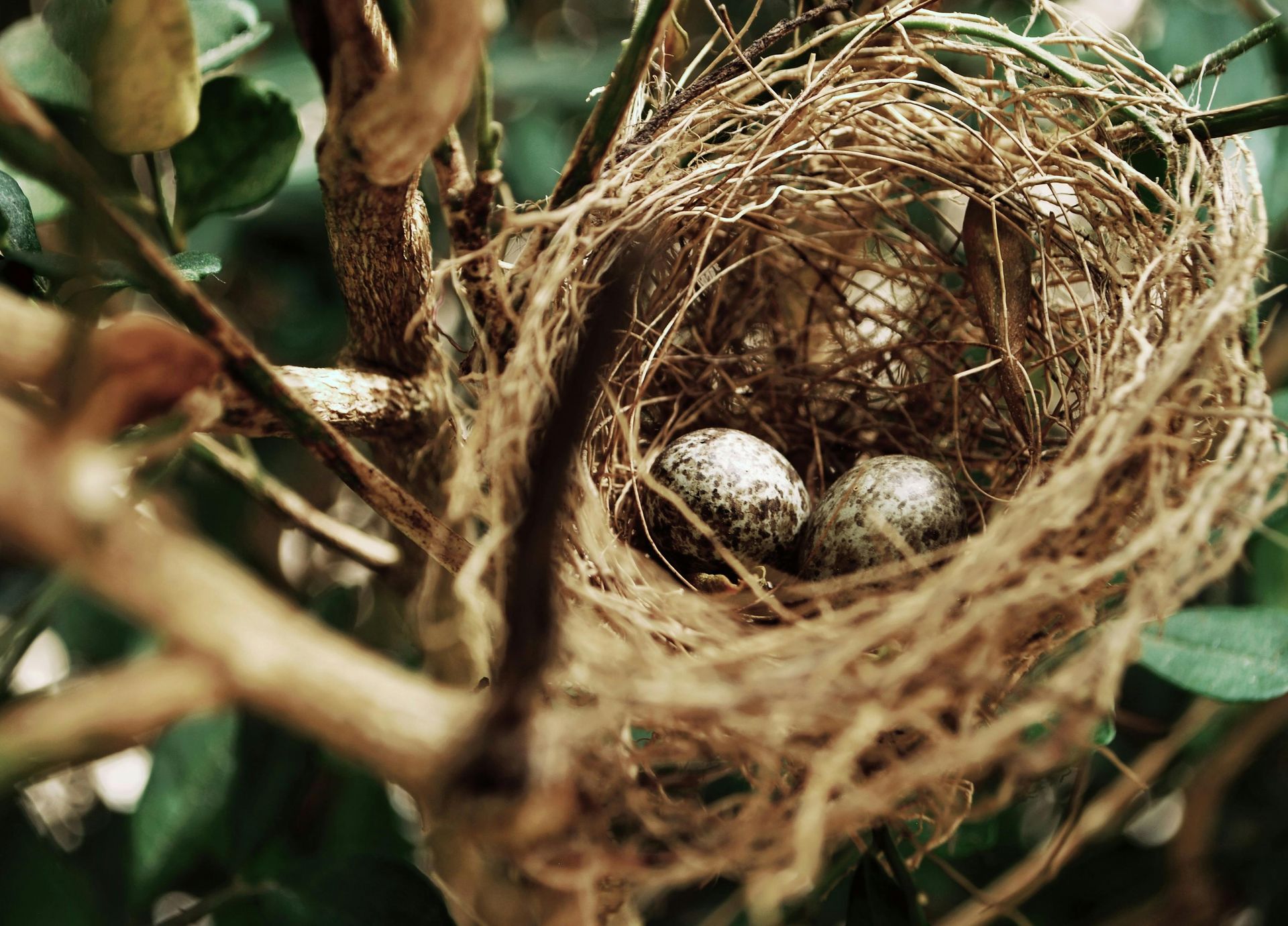
Predominantly, rat snakes feed on bird eggs, so the smell of birds, their droppings, or their nests could potentially invite these species. These reptiles are ambush predators, so they strategically position themselves in areas close to birds’ nests. Additionally, bird baths hold extra allure for them, providing water and cold conditions. Good Bird/Rodent control will keep snakes away from your home.
FROGS
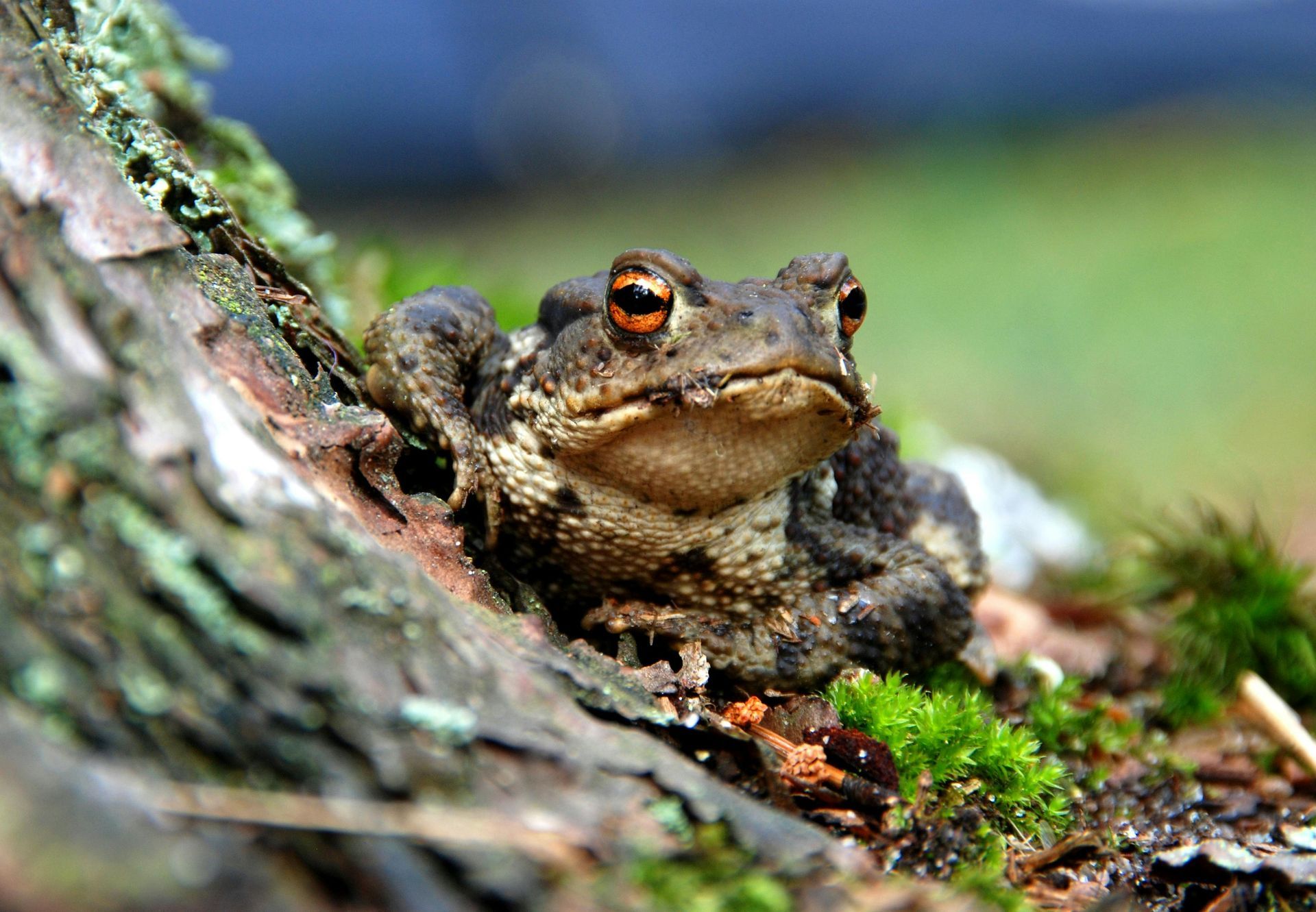
Did you know these slithering creatures are among the most significant consumers of amphibians? Globally, numerous species primarily feed on frogs and toads, while many others opportunistically prey on them. Some variants specifically feed on the adhesive egg masses deposited by frogs on foliage hanging over streams. Cottonmouths are venomous snakes that feed on amphibians at night, making them especially dangerous when stepped on unknowingly.
FLOWERS
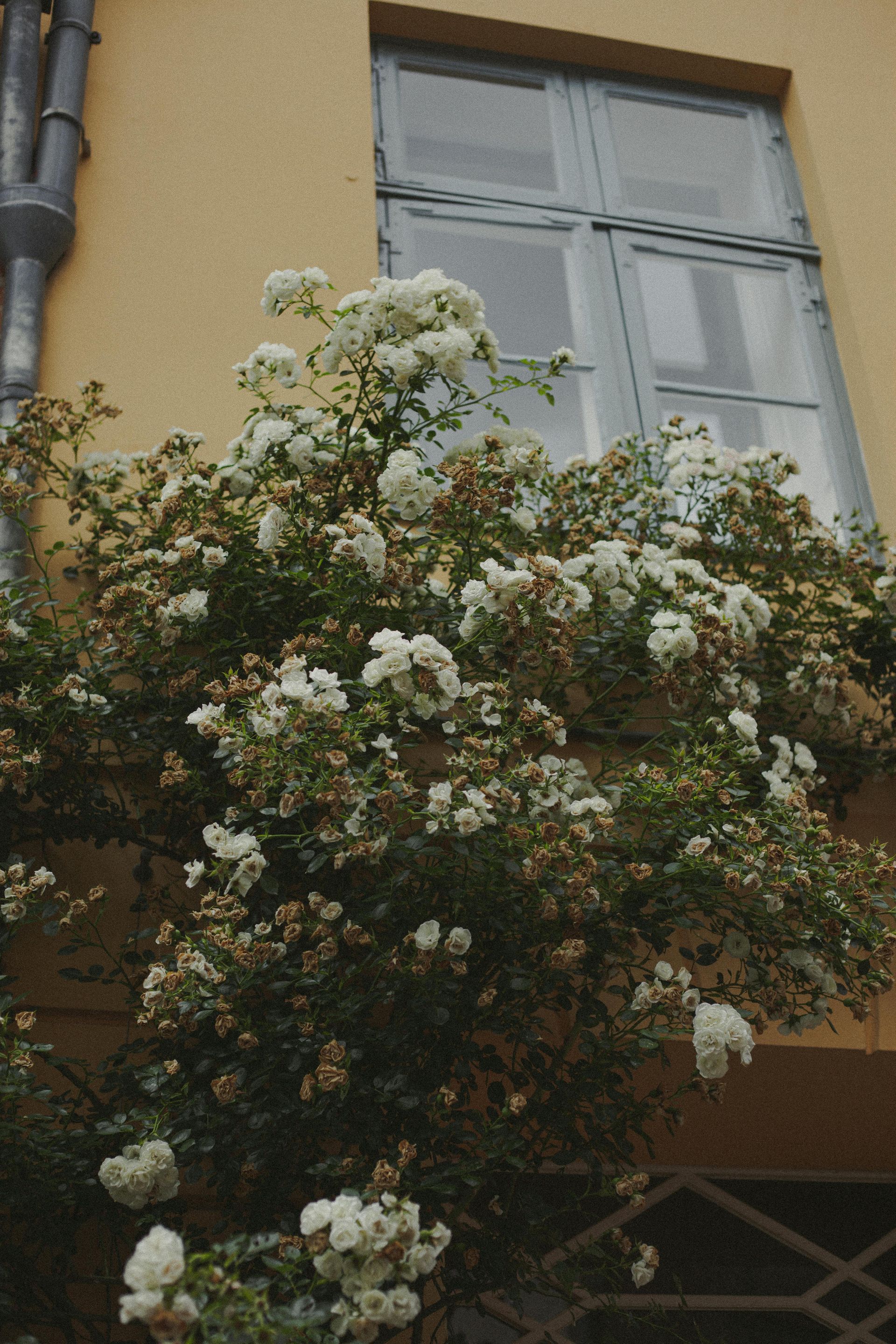
Flowers- While the sweet fragrance of flowers delights our senses, it can also pique the interest of these crawling vertebrates on the prowl. Certain floral essences appeal to insects, possibly leading these scaly beings to visit your backyard. In addition to the scent flowers put into the air that attract snakes, flowers provide shelter for smaller vertibre and snakes as well. Providing an excellent hunting ground.
INSECTS
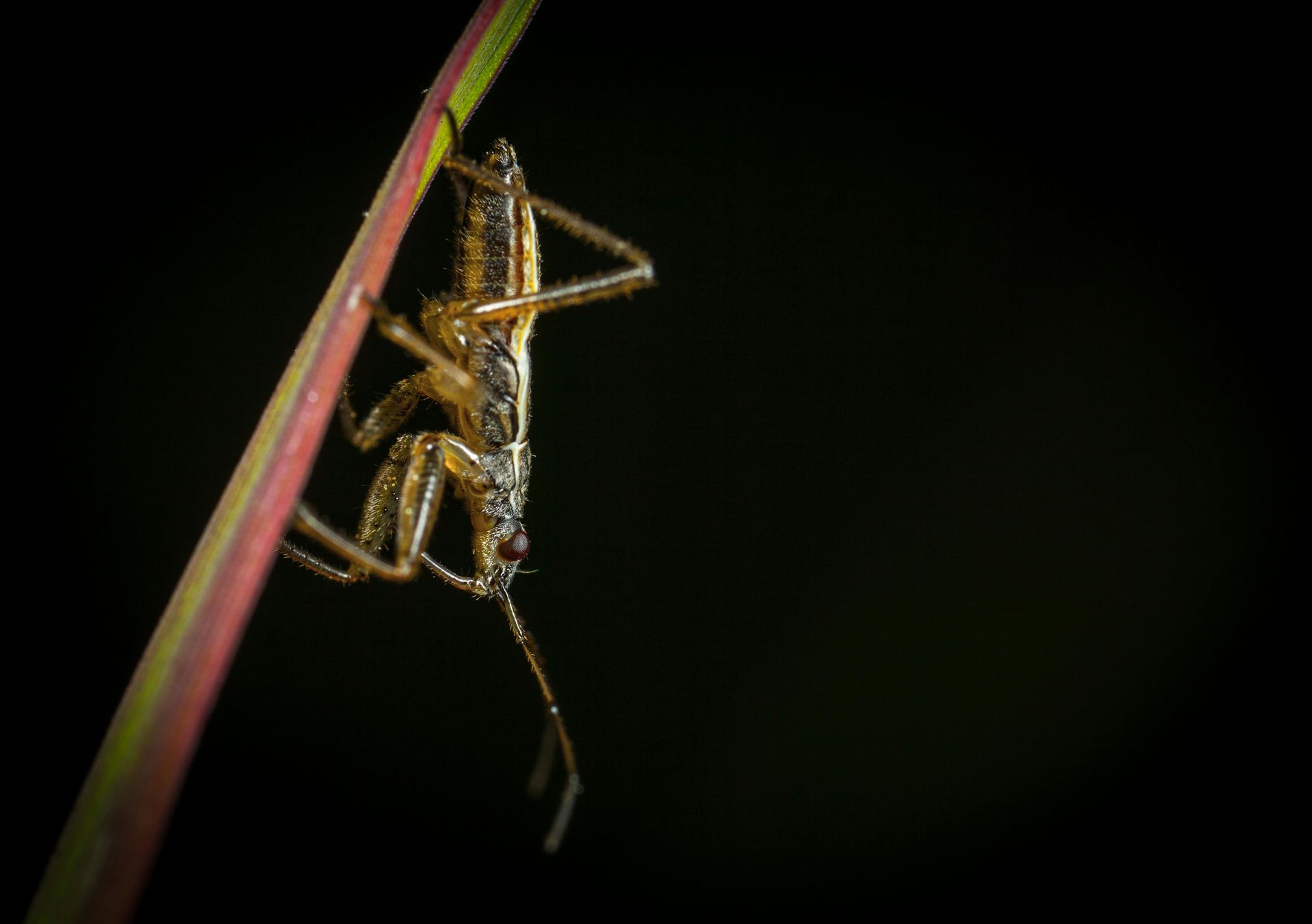
Insects- Places infested with insects are more likely to attract unwanted invitees, as these areas serve as abundant food sources for them. Thus, getting rid of ants, spiders, and other insects is better. You can achieve that by altering your garden’s terrain and avoiding keeping the surrounding areas damp.
PHEREMONES

Prey-Related Odors: The smell of rodents, especially their droppings and urine, is a powerful attractant for snakes.
Shelter-Related Odors: Damp, dark, and sheltered areas often have a distinct earthy or musty smell that attracts snakes.
COMPOST
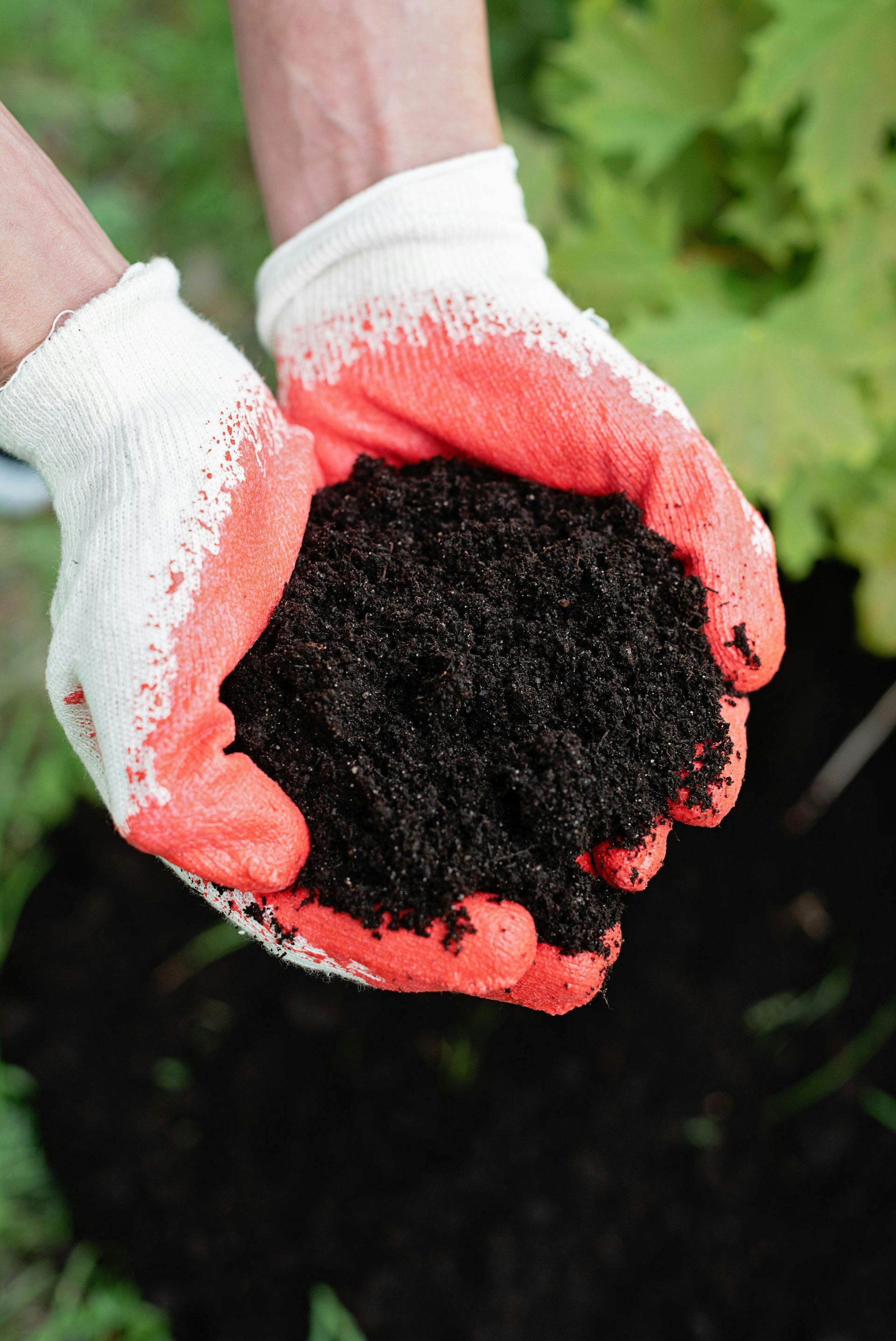
Compost- The earthy smell of decomposing plant matter, from fallen leaves to decaying logs, can be irresistible for serpents seeking refuge and nourishment. To prevent these unwanted guests from inhabiting the area, remove any debris or clutter from around the compost pile and securely close the bin so no gaps or openings are available for them to squeeze through.
SYNTHETIC FRAGRINCES

Synthetic Fragrances- Certain synthetic fragrances, such as those found in perfumes or scented oils, can mimic the aroma of prey species or desirable habitats, enticing them into your garden realm. So, if you use scented products, ensure they are stored securely in airtight containers or cabinets to minimize aromatic dispersal into the surrounding environment.
SANDLEWOOD
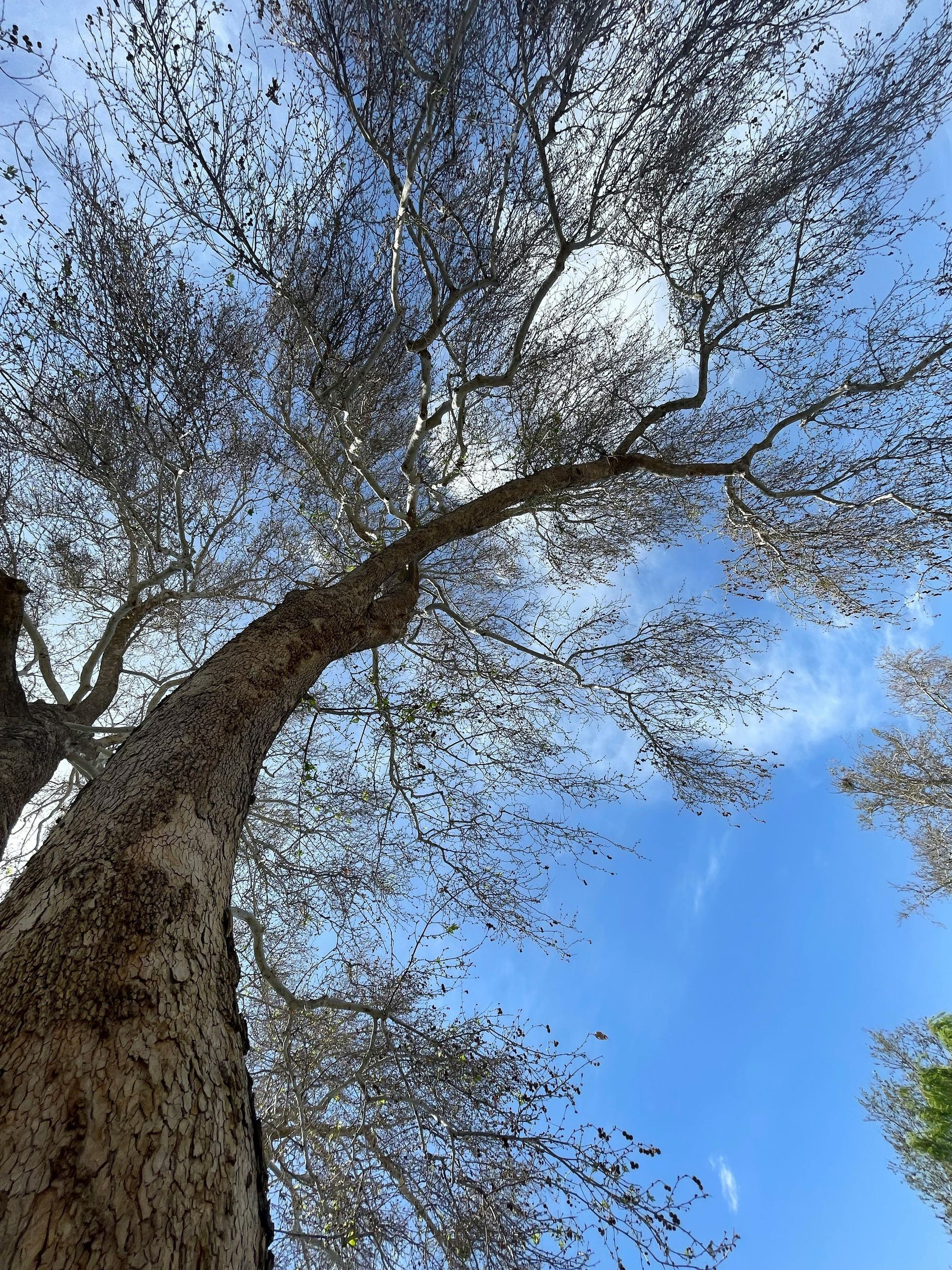 Describe the item or answer the question so that site visitors who are interested get more information. You can emphasize this text with bullets, italics or bold, and add links.
Describe the item or answer the question so that site visitors who are interested get more information. You can emphasize this text with bullets, italics or bold, and add links.WILDLIFE RESIDUE
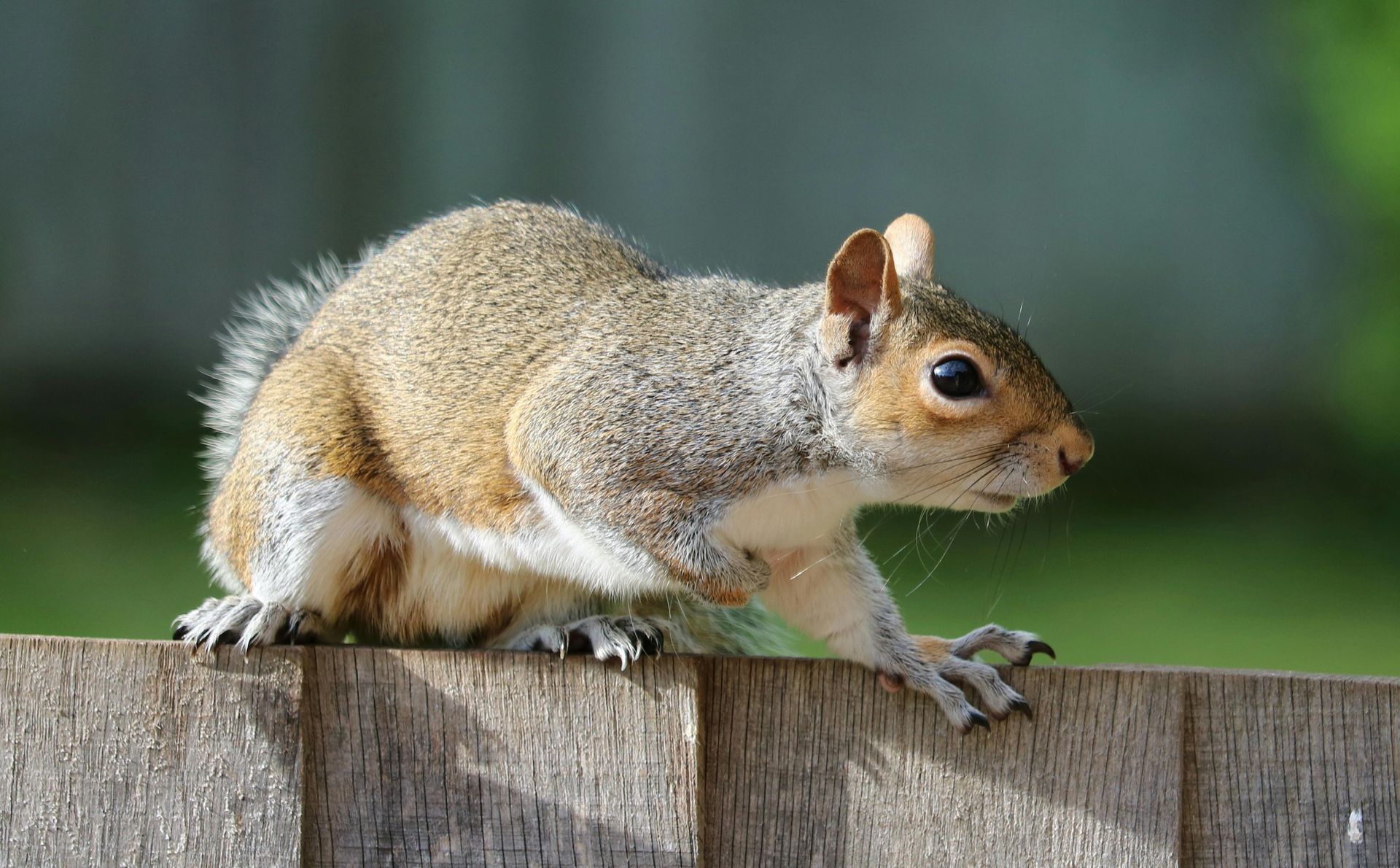
Wildlife Residue- The lingering essence of wildlife, from raccoons to rabbits, can permeate the soil, leaving behind traces of potential food sources for discerning adders to detect. Whether in the form of shed fur, droppings, or scent markings, these residues serve as tantalizing clues for these scaly vertebrates steering through the hunting grounds. This is why attic sanitation and restoration are crucial steps in our wildlife remediation plan for customers’ homes.
OVERRIPE FRUIT
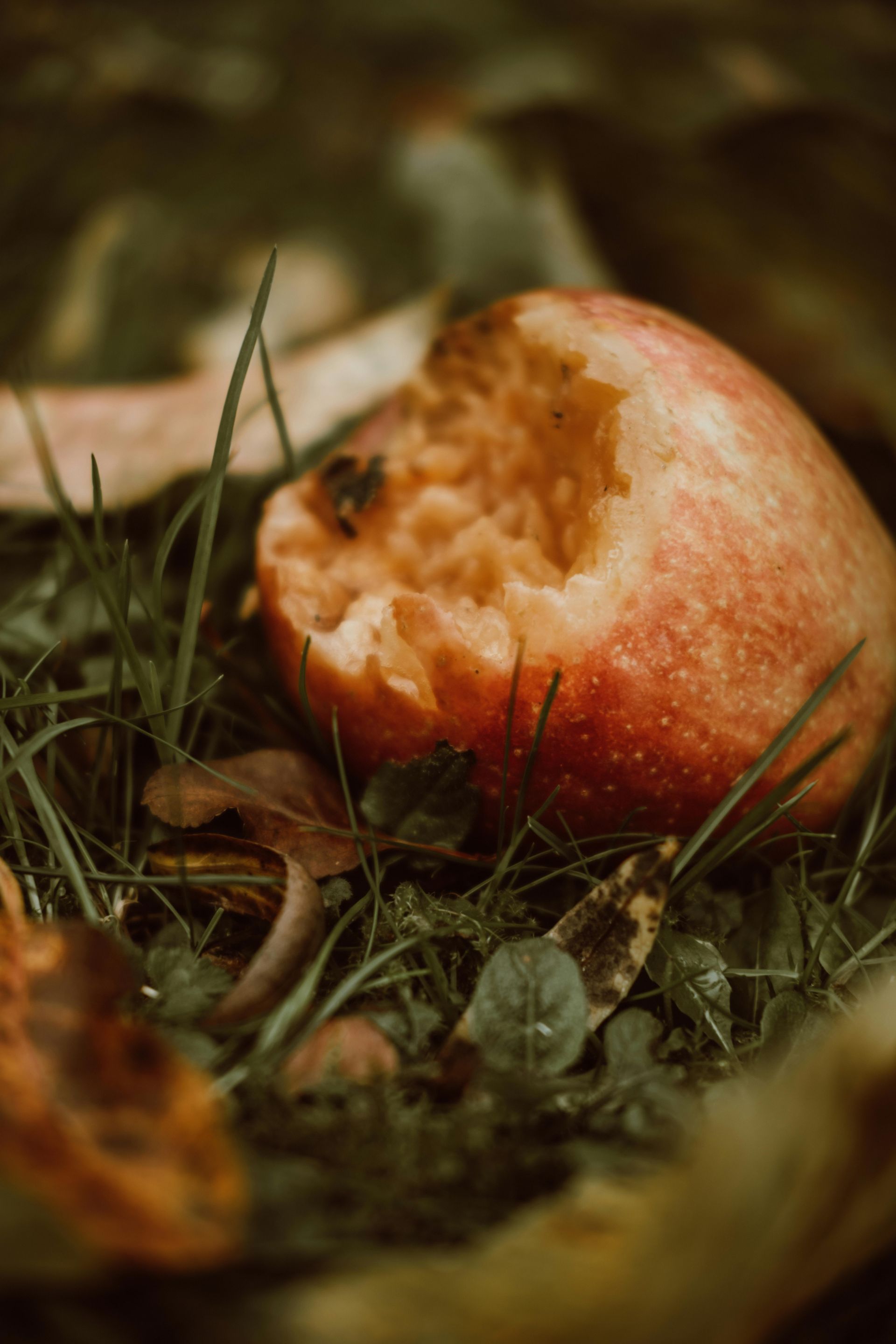
Overripe Fruit- The yummy smell of ripe fruit on the plant or fallen doesn’t just tempt us humans. They also come sniffing around for a tasty treat. They’re good at climbing and hunting, so they sneak through branches full of fruit or under trees with lots of fruit, following their noses to find delicious snacks.
BLOOMING SHRUBS
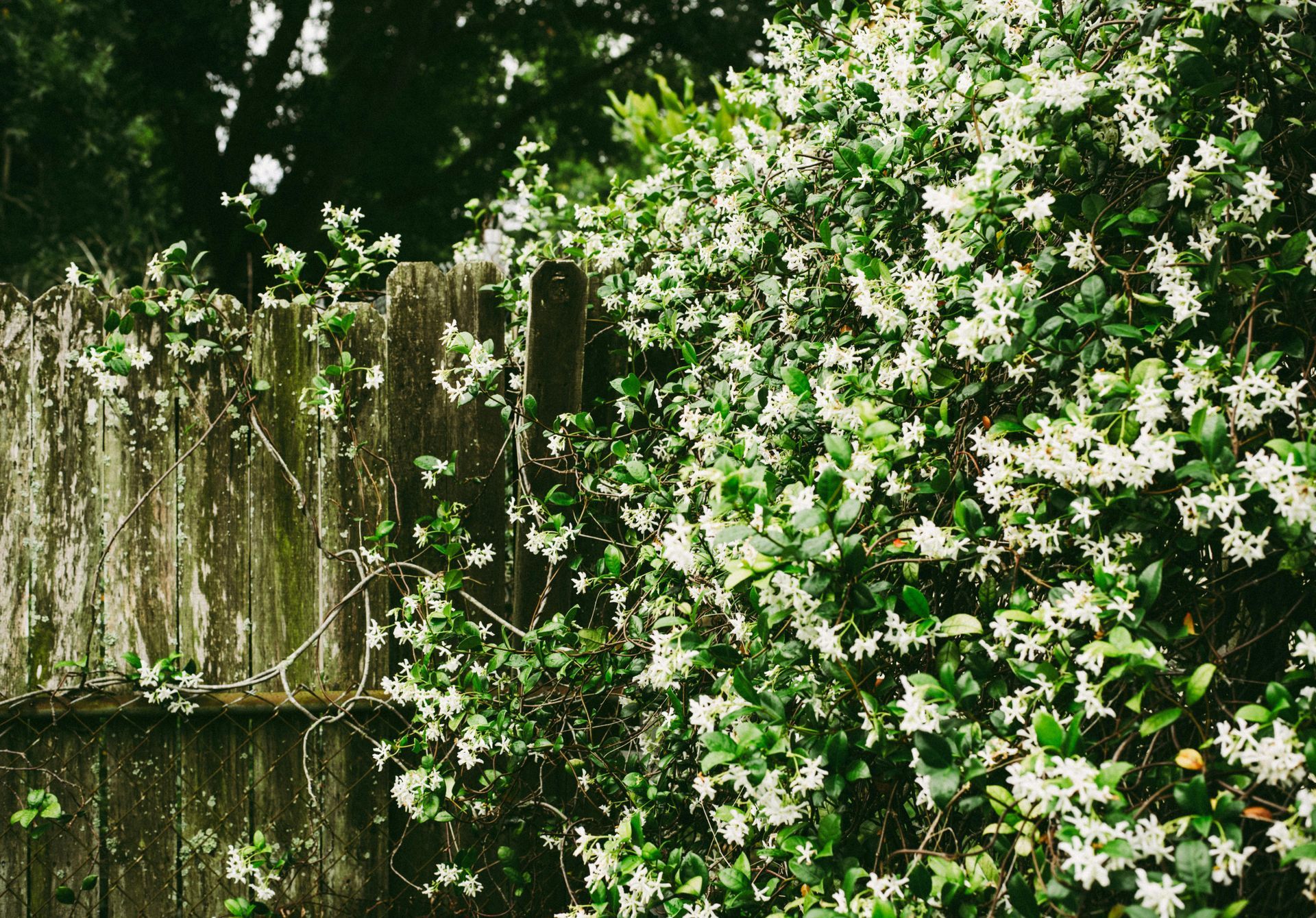
Beyond their aesthetic appeal, blooming shrubs can be inviting for both pollinators and potential prey, unknowingly luring this wildlife into the garden’s embrace. The incense of flowering shrubs, permeating the air with floral allure, serves as a sensory symphony that captivates them as they cruise through their verdant surroundings.
WET SOIL AFTER RAIN
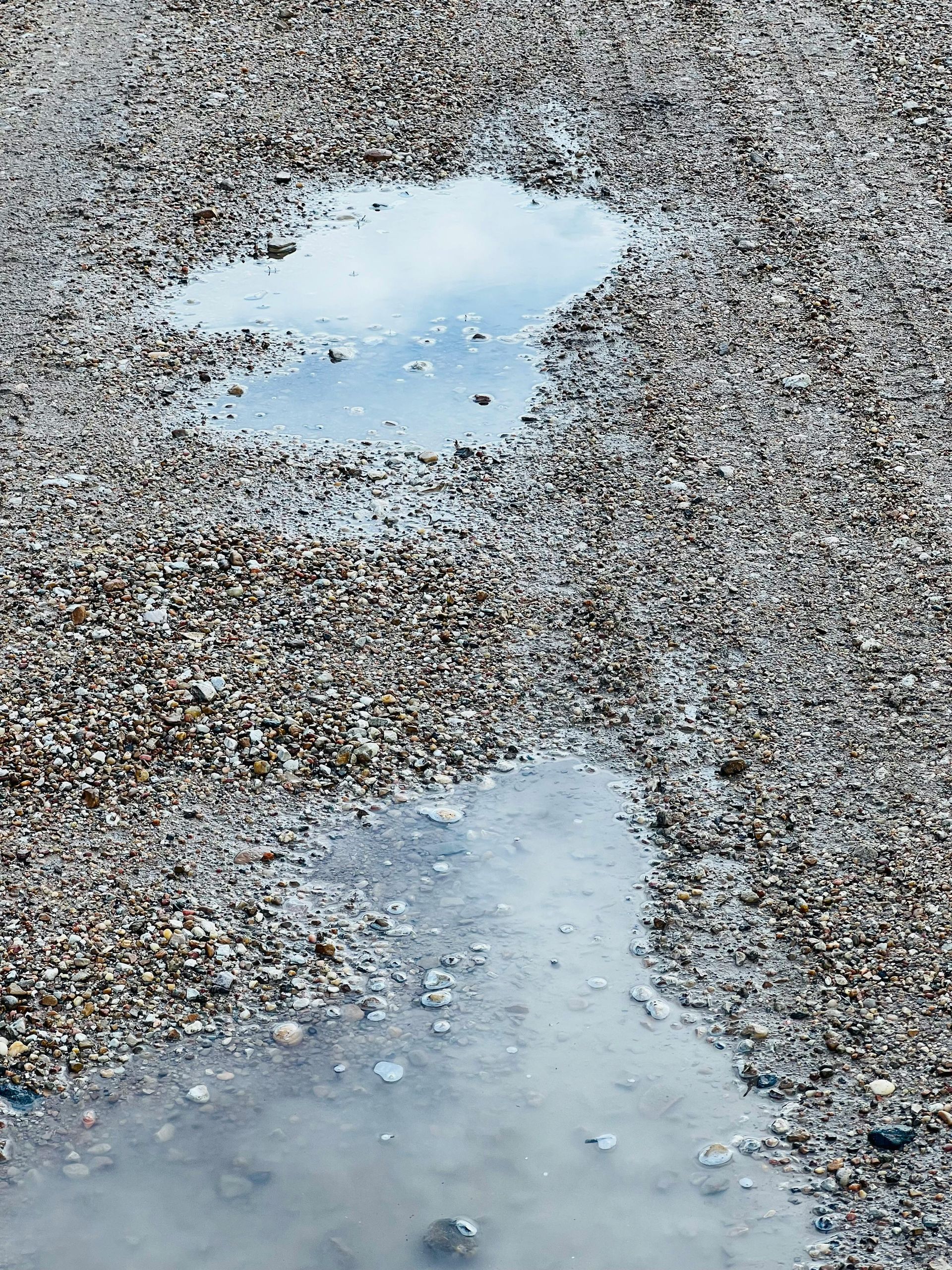
Wet Soil After Rain- After a refreshing rainfall, wet soil can signal a bounty of life and activity within the ecosystem, drawing them to explore its rejuvenated terrain. As stewards of soil health, vipers are drawn to the scent of rain-soaked earth, where moisture-loving beings thrive and opportunities for survival abound.
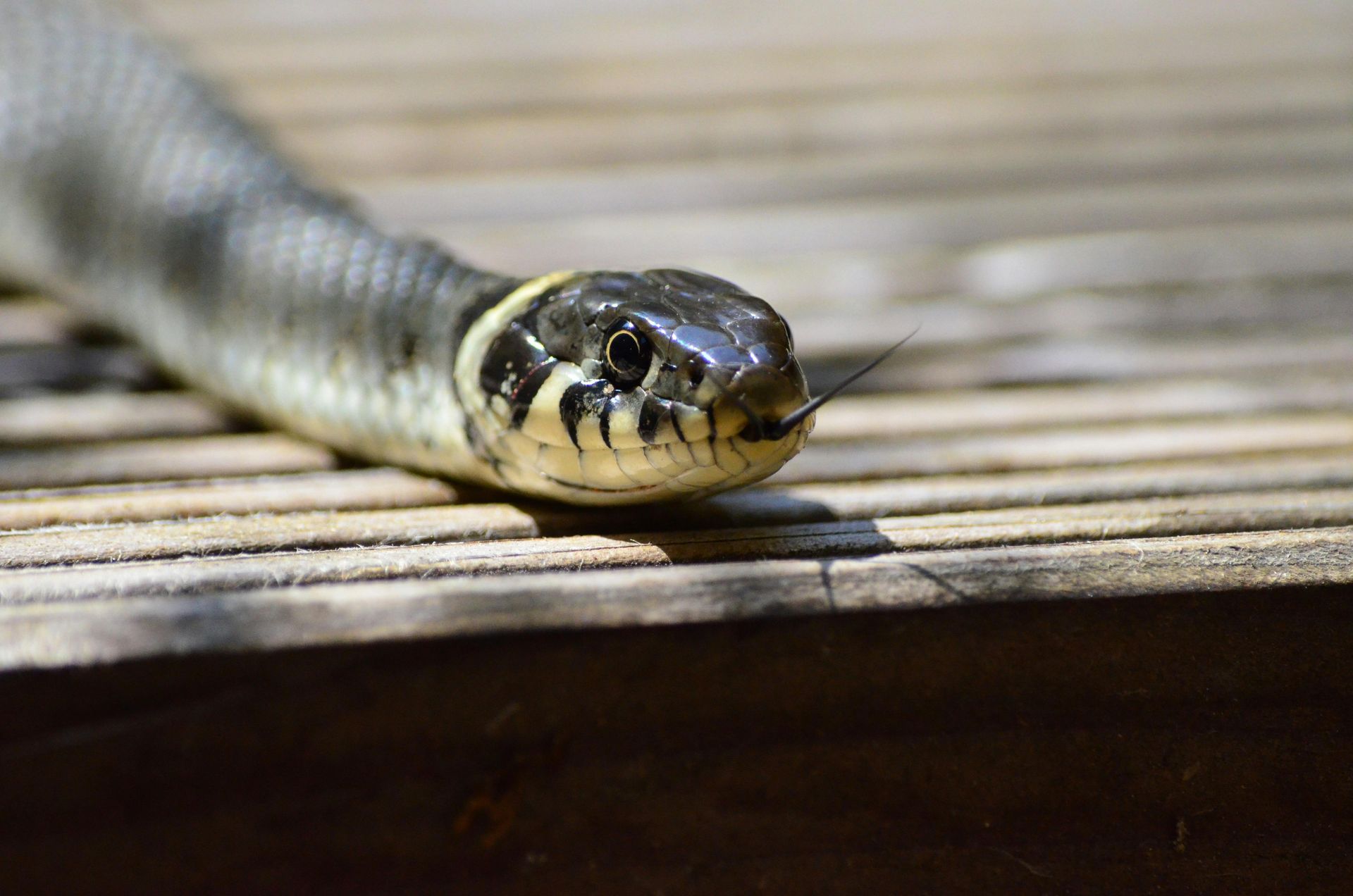
9 Scents that will repel snakes to from property.
CINNAMON
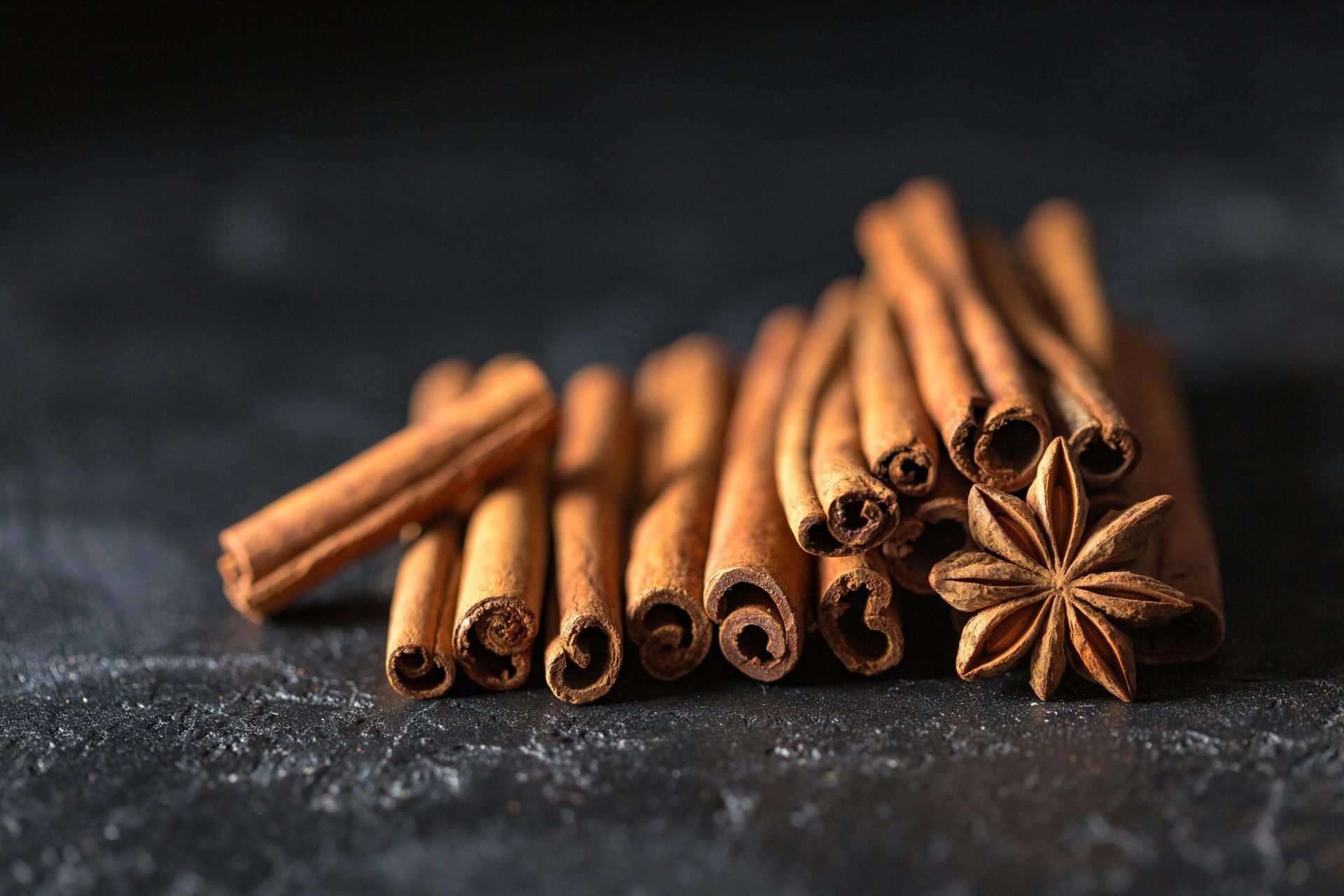
For humans, the smell of fresh cinnamon or clove is usually a sign that a delicious baked good is on its way. However, snakes react opposite to the common spices. Studies have been done on the brown tree snake, and it’s been shown that cinnamon oil and clove oil are effective at repelling this species.
MOTH BALLS
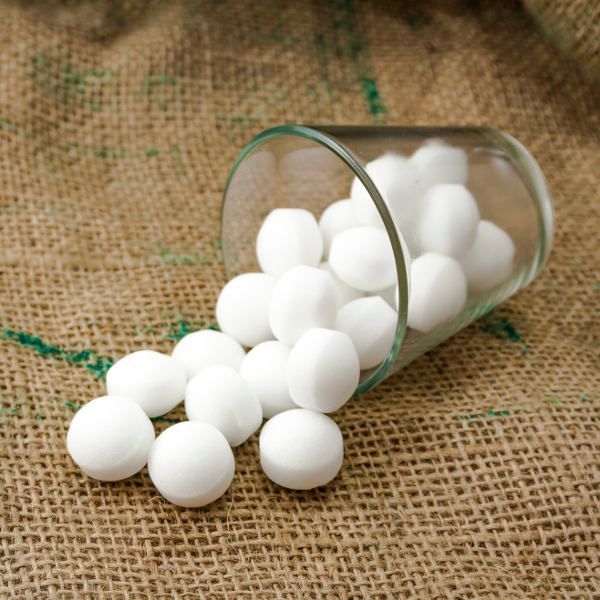
Moth Balls- Naphthalene—or the chemical in mothballs—has shown some repellent tendencies for snakes. It does vaporize and dissipate very quickly, so regular reapplications are needed. In the months that snakes are out of brumation, you would need to apply it twice a month.
VINEGAR
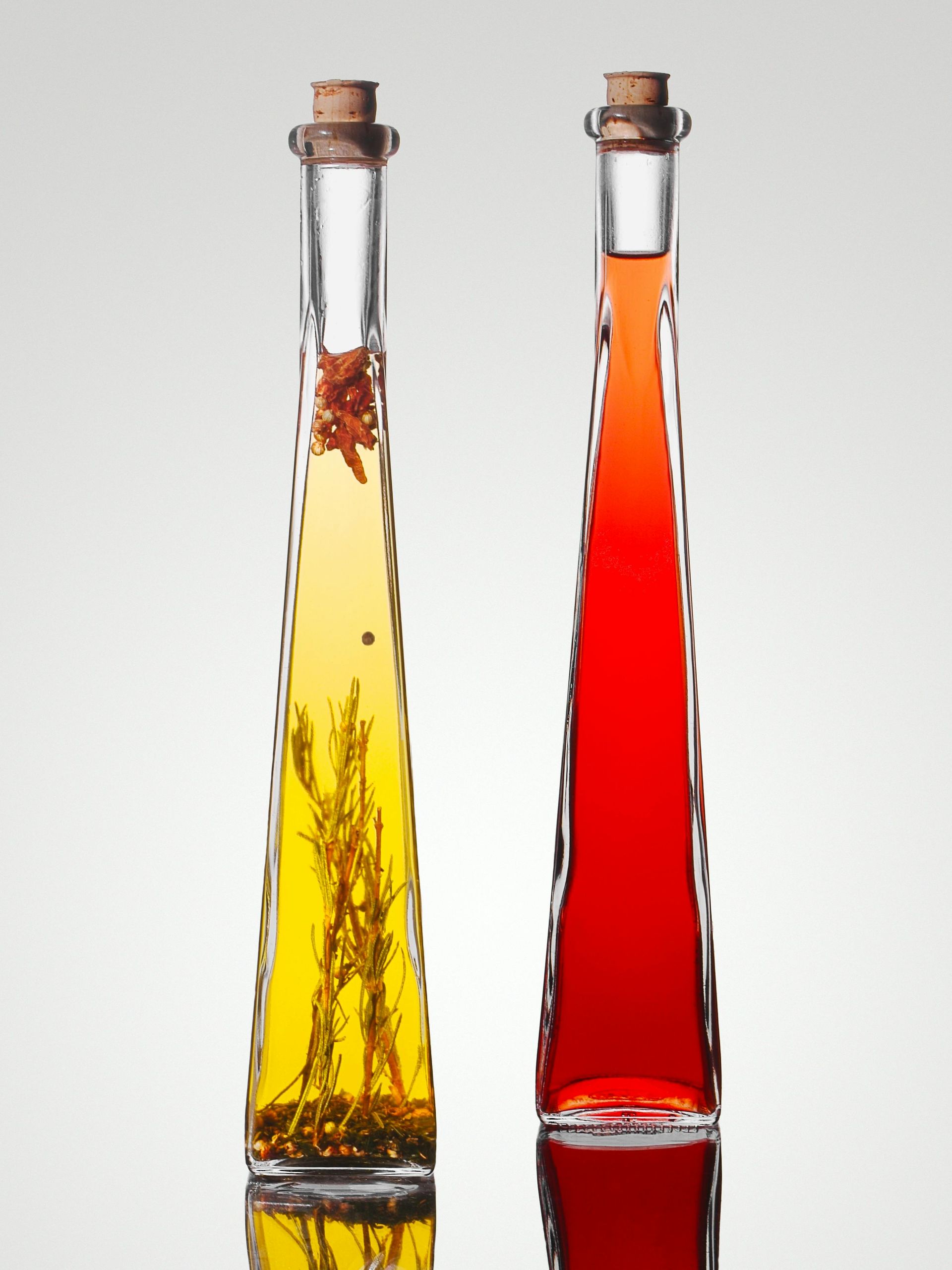
Not only can vinegar do double duty as a fantastic natural cleaner, but it can also work as a snake deterrent. When it comes to repelling snakes, vinegar is the best option. There are several reasons for this, but the most important one is that vinegar is an acidic substance. Snakes are very sensitive to acidic substances and will avoid anything that is even slightly acidic. Pouring it on the ground can sometimes make them avoid slithering over it.
CITRUS
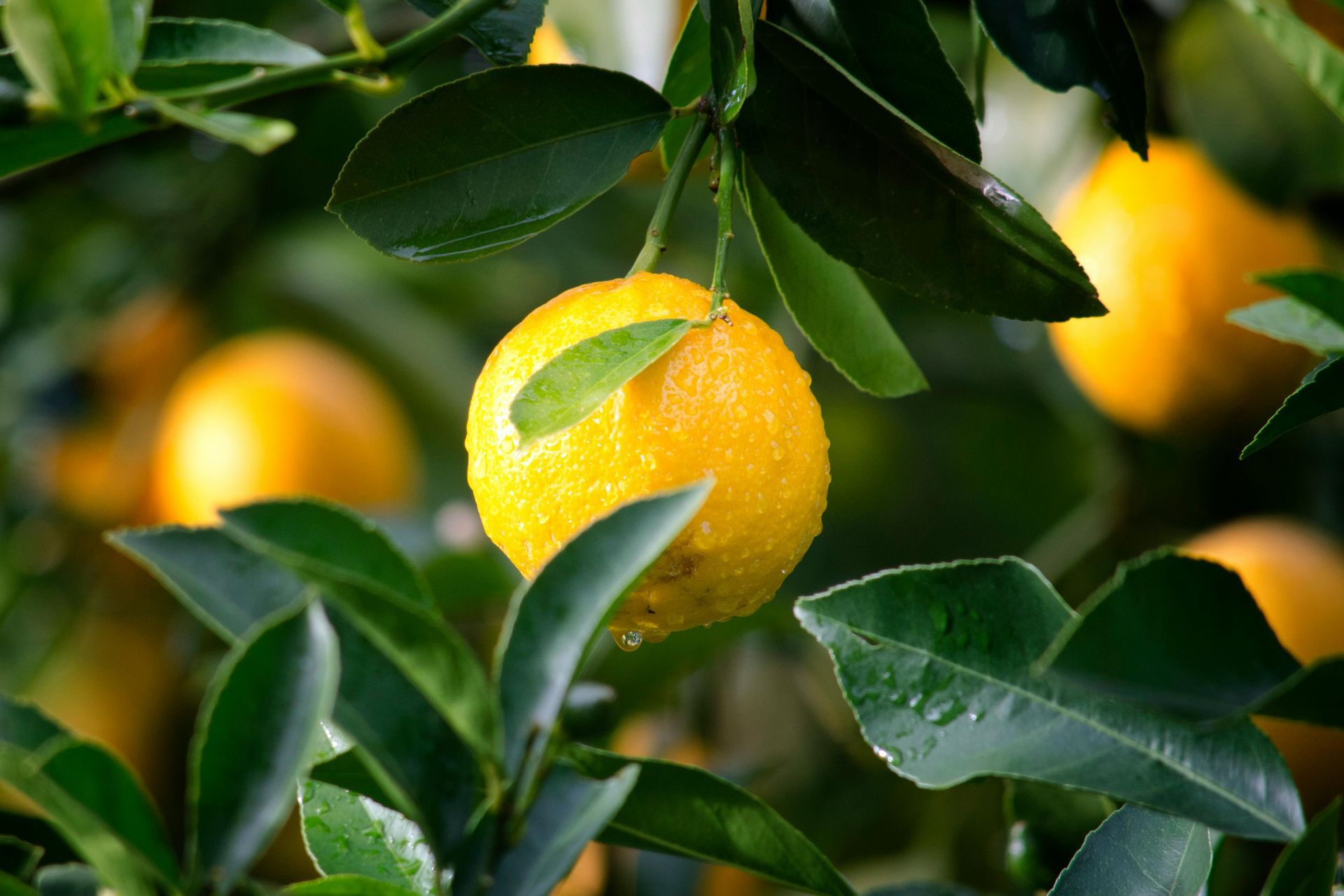
Citrus fruits- One of the most commonly used snake-repelling scents is citrus, as it contains a chemical called limonene, which is a natural snake-repellent. Just place a few slices of citrus fruit around your home, or even rub the peel on the outside of your door and windows.
GARLIC
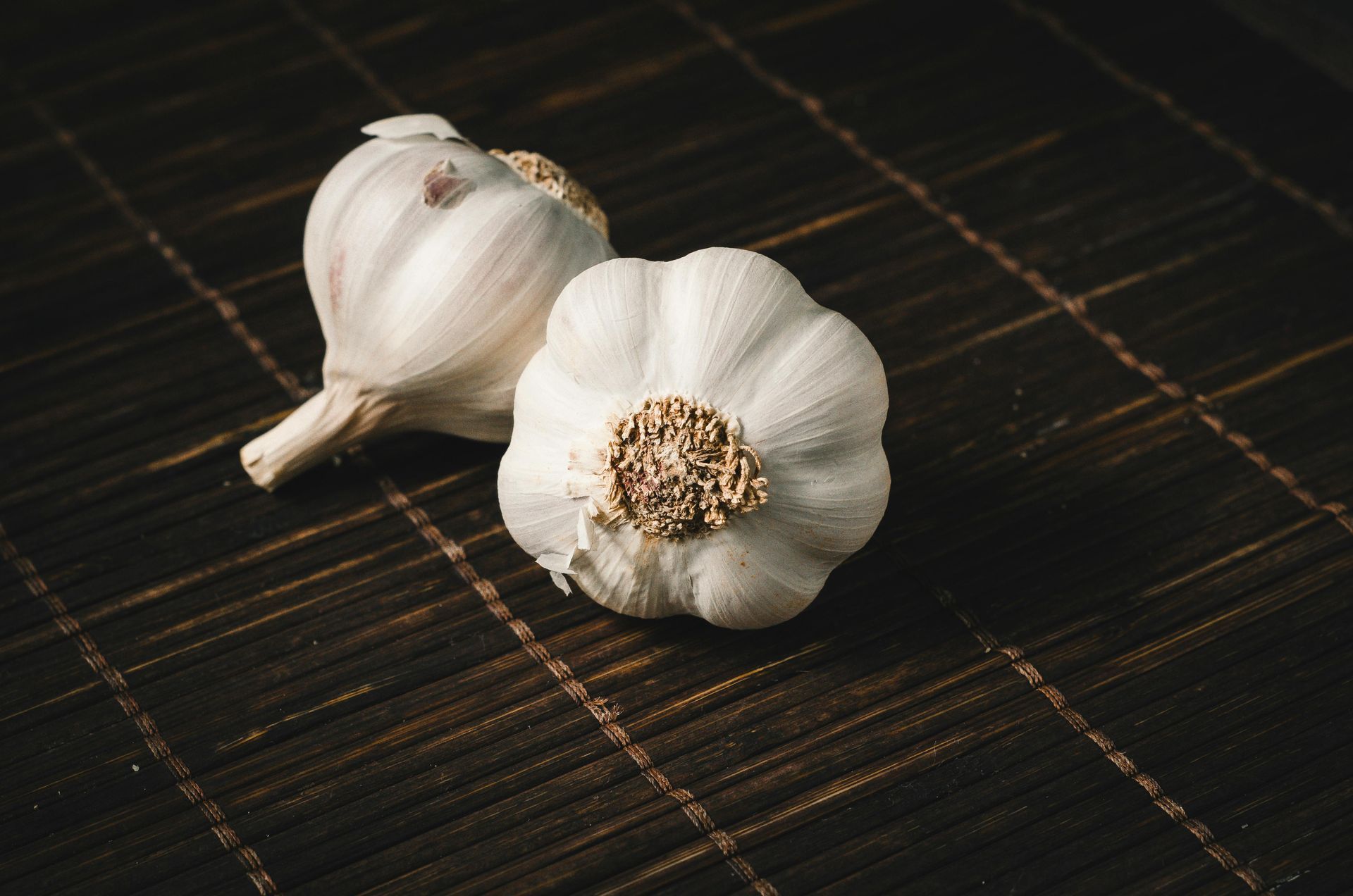
Garlic-
Garlic is a natural snake repellent because snakes don’t like the smell of it. Garlic acts as a natural insecticide. It will kill any insects in the area, including the insects that snakes eat.
SMOKE

Smoke- Can be effective if you’re looking to coax a snake out of a hiding place and back outside. Place a smoldering piece of wood or a smoke bomb in areas you’re afraid might be hosting a snake and see if it doesn’t send them packing.
PEPPERMINT
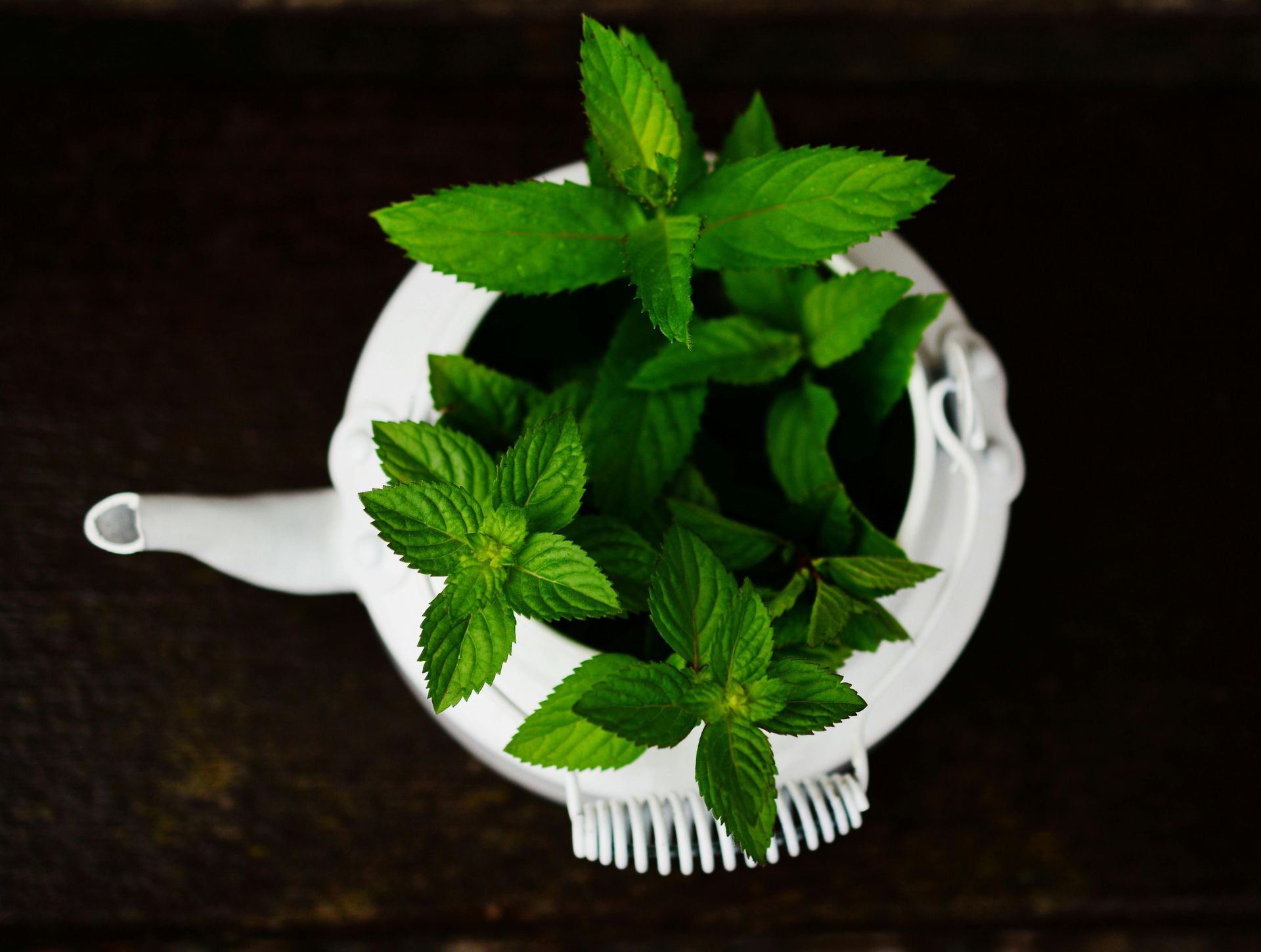
Peppermint- Peppermint oil is an effective natural snake repellent. It works by masking the scents they use to navigate and hunt, making it difficult for them to find prey.
BASIL
Basil- Snakes cannot stand the smell of Basil. Plant this in your garden or use essential oil.
MARIGOLD
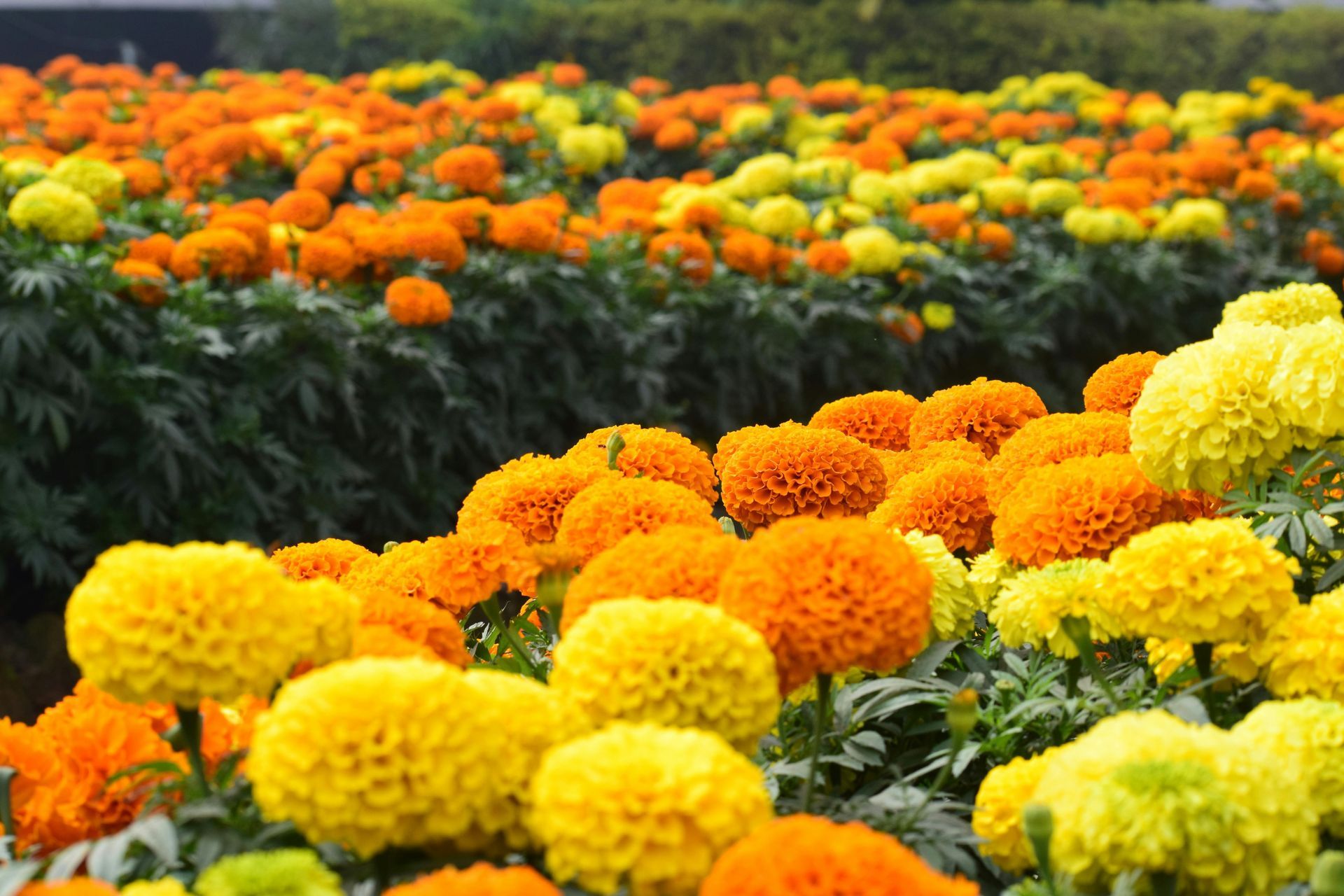
Marigolds- Marigolds release alpha-terthienyl, which most snakes find very unpleasant, consider planting marigolds around any entrances to your home or your yard to keep snakes away from key areas. This plant is also an insect repellent.
Stay Informed
By understanding the scents that attract snakes, you can take steps to minimize their presence. If you suspect a snake infestation or need assistance, Nolan Wildlife Control LLC is here to help with humane removal and prevention strategies in Katy, Texas, and the surrounding areas.
